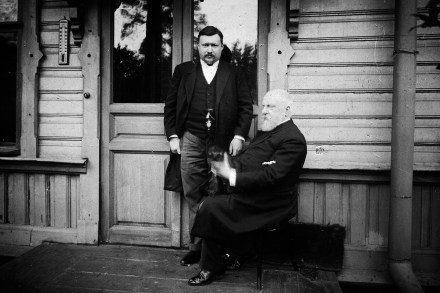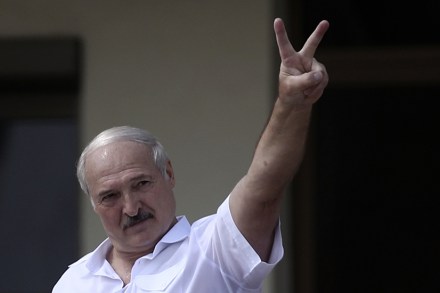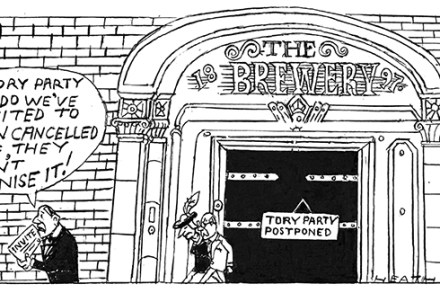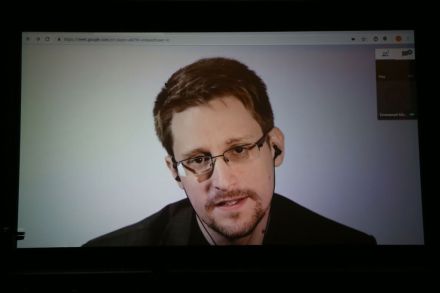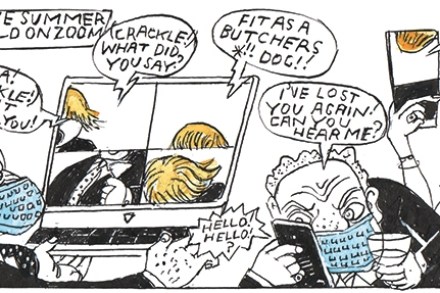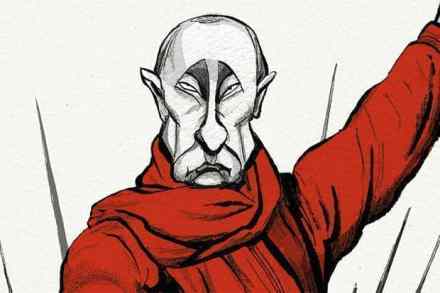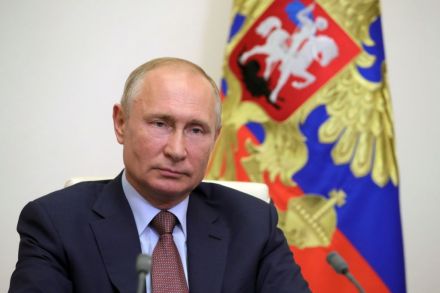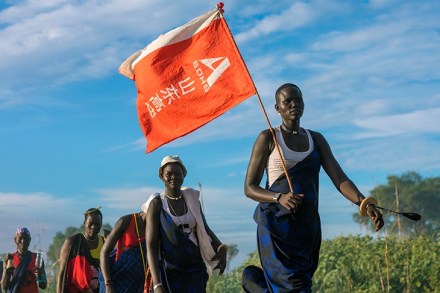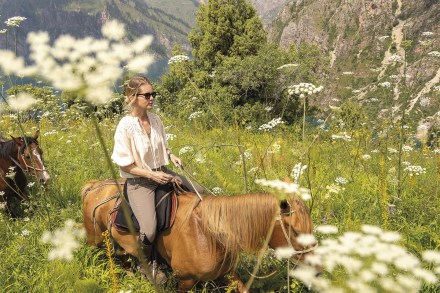Erdogan’s game: why Turkey has turned against the West
Six years ago, at the celebratory opening match of the new Basaksehir Stadium in Istanbul, an unlikely football star emerged. The red team’s ageing, six-foot tall centre-forward lumbered toward the white team’s goal; a delicate chip over the advancing keeper brought a goal that sent the stadium into ecstasy. The scorer was Prime Minister Recep Tayyip Erdogan. It was the run-up to an election in which he expected to become his country’s 12th president. For Erdogan, a former semi-professional footballer, it was brilliant self-promotion. Like Fidel Castro’s baseball pitching or Chairman Mao’s ‘world record’ Yangtze River swim at the start of the Cultural Revolution, Erdogan’s contrived sporting prowess helped make


